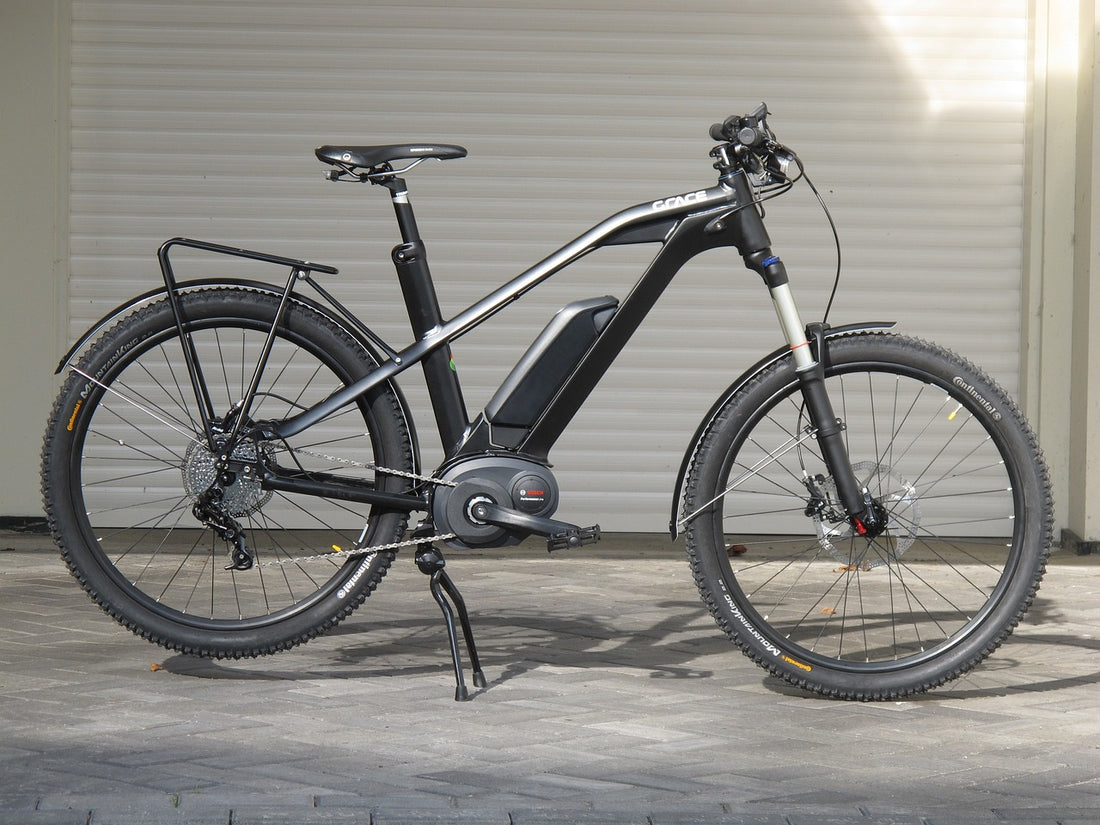As cities become increasingly crowded and eco-consciousness rises, electric bicycles (e-bikes) have pedaled their way into the hearts of commuters and enthusiasts alike. Offering a blend of traditional cycling and motor-assisted travel, e-bikes promise an efficient, sweat-free commute with the added bonus of being a green alternative to fossil-fueled transportation. Whether you're a seasoned cyclist or a newcomer, this guide will electrify your knowledge on how to choose the best electric bicycle for your needs, detailing top brands, the intricacies of battery life, and the essential gear for a safe and enjoyable riding experience.
Advantages of an Electric Bicycle
Electric bikes offer a myriad of benefits - from reducing emissions to providing a low-impact workout. They amplify your pedaling efforts, allowing you to conquer hills and long distances without exhausting yourself. This makes them an excellent option for riders of varying fitness levels, as well as those looking to minimize their carbon footprint.
Disadvantages of an Electric Bicycle
While the advantages are compelling, there are a few considerations. E-bikes tend to be more expensive than traditional bicycles, heavier due to the battery and motor, and require charging, which can be less convenient than simply hopping on a bike and going.
Choosing the Perfect E-Bike
-
Purpose and Type
First, identify the primary use for your e-bike. Are you aiming for off-road adventure on mountain trails or smooth sailing on city streets? Different types cater to different needs, including e-mountain bikes, e-road bikes, and urban e-bikes.
-
Motor and Power
Consider the location of the motor (hub motor or mid-drive) and its wattage. A stronger motor will offer more assistance but can also drain the battery quicker. Balance your need for power with anticipated battery range.
-
Battery Duration and Charging
The battery is the heart of your e-bike; look for one with a high energy density to ensure longer rides before charging. Most batteries take between 3 to 6 hours to charge fully. Opt for a removable battery if you don't have an easy charging point near your storage space.
-
Quality and Durability
Reliable brands like Trek, Specialized, Giant, and Bosch are known for crafting durable e-bikes with long-lasting components. Investing in a quality brand often means better after-sales service and a longer-lasting e-bike.
-
Test Ride
A test ride is invaluable. It ensures the bike fits comfortably and meets your expectations in performance. Visit local dealers to try out different models.
Legal Requirements
In many places, e-bikes do not require a license, registration, or insurance, as long as they meet specific power and speed restrictions. However, regulations vary by location, so consult your local laws to ensure compliance.
Essential Equipment
Safety is paramount when riding any bicycle, and e-bikes are no exception. Always wear a helmet, regardless of local law requirements. Consider additional gear such as lights, reflective clothing, a lock, and a sturdy rack to carry personal items or groceries.
In conclusion, choosing an electric bicycle is a journey to a more accessible, enjoyable, and sustainable riding experience. By considering the type of e-bike, motor power, battery life, durability, and brands, paired with necessary safety equipment and adherence to local laws, you're on the track to discovering the joys of electric cycling. Embrace the future of urban mobility with an e-bike that's tailored to your lifestyle, and pedal forward into the world of efficient and eco-friendly transportation.

